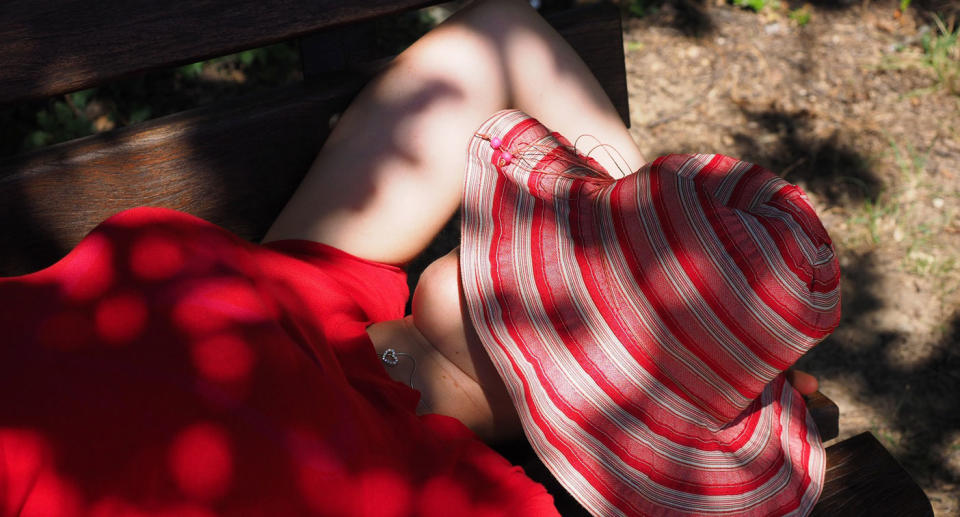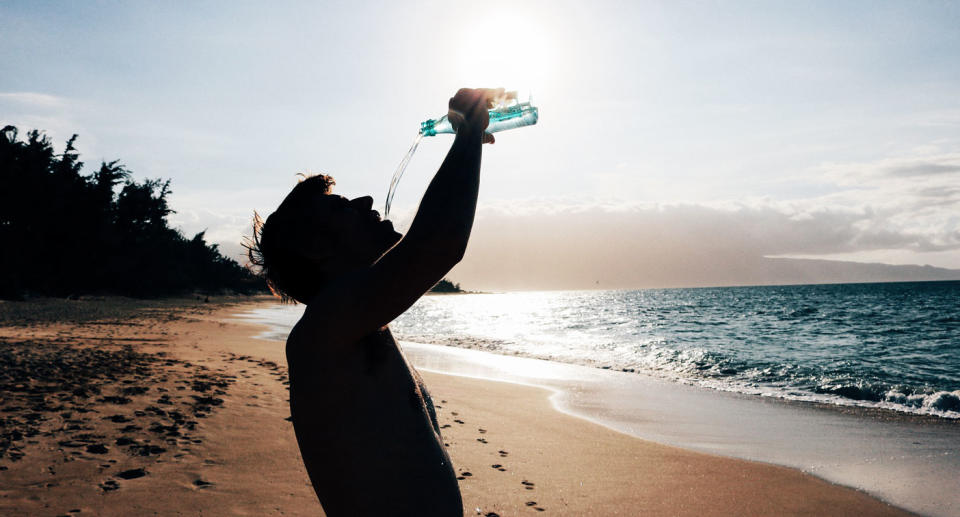8 tips to stay cool and avoid heatstroke

Prolonged exposure to high temperatures and strenuous physical exertion in hot weather can overheat the body and cause heatstroke, the most serious form of heat injury. In mild cases of heat injury, you usually recover after your body has had sufficient time to cool down, but heatstroke requires emergency medical treatment. If left untreated, it can damage your brain, heart, kidneys and other organs, and be fatal.
If you develop heatstroke – the two main types are exertional and non-exertional – you are likely to experience symptoms such as:
Body temperature of 40 degrees C and above
Flushed skin
Rapid breathing
Rapid pulse
Headache
Dizziness
Confusion, delirium
Nausea, vomiting
Seizures
Coma
Your risk for heatstroke increases if you are over 65, obese, suffer from heart and lung diseases, and take medications such as diuretics, beta-blockers and anti-depressants.

What to do if someone around you develops heatstroke
For heatstroke, you need to call for emergency medical assistance. Until help arrives, you can do the following:
Shift the person to a shady spot outdoors or a cool location indoors
Remove any clothing that prevents sweat from evaporating and cooling the body
Cool the person down with water , e.g. garden hose, a tub of water, a cool shower, ice pack/towel dipped in cold water and placed on the head, neck, armpits and groin
Do NOT give the person anything to drink

8 tips to prevent heat injuries while exercising outdoors in hot weather
Avoid extreme sports
Wear light-coloured, loose clothing
Limit the time spent outdoors until your body is properly conditioned to the heat
Avoid exercising between 11 am and 3 pm
Drink plenty of cool fluids to stay hydrated
Sprinkle water over your skin and clothes to stay cool
Take frequent rest breaks in a cool, shady spot
Limit consumption of alcohol which affects the body’s ability to regulate temperature.


